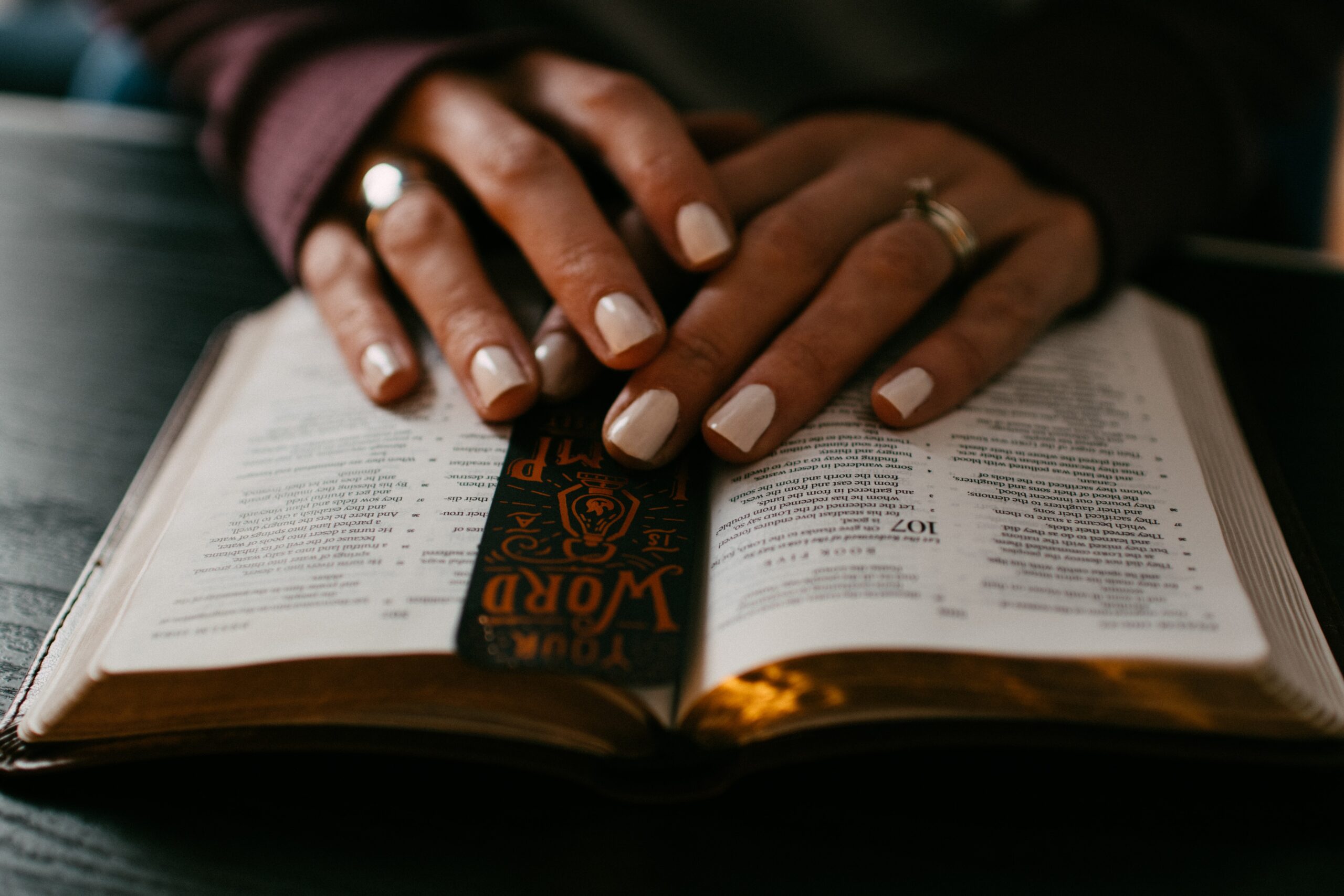PATRICIA CURTISS | GUEST
I’m a Florida native and have lived here most of my life. Recently our state—along with several others—was slammed by Hurricanes Helene and Milton. It has been devastating and burdensome for family and friends. Over the past several weeks, I’ve been reading through the Bible’s minor prophets. It has struck me how some of the literal events described, or the imagery used, refer to such devastations:
“…the sea grew even wilder than before…” Jonah 1:13
“…The mountains melt beneath him and the valleys split apart like wax before the fire, like water rushing down a slope…” Micah 1:4
“…His way is in the whirlwind and the storm, and the clouds are the dust of his feet. He rebukes the sea and dries it up; he makes all the rivers run dry…The mountains quake before him and the hills melt away. The earth trembles at his presence, the world and all who live in it…” Nahum 1:3b-5
And then, there’s the last stanza in Habakkuk.
Though the fig tree should not blossom,
nor fruit be on the vines,
the produce of the olive fail
and the fields produce no food,
the flock be cut off from the fold
and there be no herd in the stalls,
yet I will rejoice in the Lord;
I will take joy in the God of my salvation.
God, the Lord, is my strength,
he makes my feet like the deer’s;
he makes me tread on my high places.
Habakkuk 3:17-19
Habakkuk’s Walk
Writing is a challenge. When writing, you’re trying to communicate your thoughts to someone without using your voice’s tonal inflections, facial expressions, or body language to assist in meaning. What is written must fully carry the message. It’s even more problematic when writing poetry where every word’s letter, every word’s sound, and every mark of punctuation is crucial in translating the poet’s meaning. The Book of Habakkuk reflects the language of psalms (Hebrew poetry) in the expression of his complaints, reflections on God’s character, and response of obedience. He was really steamed that the kingdom of Judah had turned away from faith in God under the rule of two wicked kings, Manasseh and Amon. Habakkuk understood God needed to punish Judah for its sinful rebellion. He just didn’t understand why a good and just God would choose to use a more wicked nation (the Chaldeans, 1:8) to do the punishing—they deserved punishment, too. After Habakkuk goes through a question/answer period with God, he responds by trusting and rejoicing. His example encourages us to do the same when faced with debilitating circumstances.
“Though” there are six hardships described in verse seventeen, verse eighteen leads with the conjunction “…yet…” to modify them. Habakkuk says all these hardships may happen, but he will be joyful in God’s salvation, not in one he contrives for himself. He will place his hope in God’s strength, not his own. He will rejoice in God’s future, not in his current circumstances. And, he sings out to God’s people to do the same. This is a hymn of faith. Though…yet. Rubber meets the shaken road. Habakkuk has faith in his “Savior” who has not yet filled the pens and stalls but who will “…make my feet like a deer’s feet, And He will make me walk on my high hills.” How does one move from questioning, to faith, to joy?
Christ the Guide, Holy Spirit the Compass
The last verse of Habakkuk, verse nineteen, is a quote from David’s Psalm 18:33. The introduction to Psalm 18 reveals David spoke these words to the Lord on the day David was delivered by God from his enemies. That included deliverance from King Saul. In Psalm 18, David says that God, “…sets me on my high places.” The Hebrew word “sets” means stand, remain, or endure. Habakkuk takes poetic license and changes the word “sets” to “walk” meaning to tread or march forth. If you’ve ever hiked in the Appalachian Mountains, you know you need a good set of hiking boots—something with the strength of deer hoofs—to traverse many of the high, rocky trails so you don’t slip and fall, and so you can climb and conquer the highest degree of difficult trail. This is a beautiful portrayal suggesting the moving ahead in a gospel driven, put-on-the-armor-of-God-sort- of-way, through our travails; to biblically own our circumstances and move out in them.
Jesus knew this. Jesus purposed to walk the roads of Gethsemane and Golgotha. He knew that man’s greatest sadness is designed by God to be man’s greatest balm. Jesus wants us to know this, too. Words matter. Thank God He sent us His Word—the Word that became flesh and dwelt among us—so there could be no confusion about His intentions or His plans for us. We are blessed to have as Friend, who Habakkuk hinted at in his “Savior.” The Word in flesh died, was resurrected, and sent His Holy Spirit to reside in sin-filled us. The Holy in the un-holy. Thank God for the torn veil! God knew we would need a guide to be with us on our earthly mountains, to whisper in our ear along the way, “’This is the way, walk in it…” and be soothed. He even provides the footwear.[1]
[1] See Isaiah 52:7 & Ephesians 6:15
Photo by Kelly Sikkema on Unsplash

Patricia Curtiss
Patricia Curtiss is wife of Ruling Elder (Steve) and the mother of 4 sons, 3 daughters-in-laws, 5 grandchildren, 2 grand-dogs, 1 grand-cat, and 3 grand-goats. She is part of the core group at Coastal Presbyterian, a church plant in Jacksonville Beach, Florida. Patricia’s ministry at CPC is senior encourager. She previously served as Sunday school teacher, women’s bible study leader, worship team member, and women’s council president in two other church plants. She holds a BS in Broadcast Production from UF and a Master’s in Educational Leadership from Southeastern University. Patricia is an administrative assistant in HR at the Public Defender’s office of the 4th Judicial Circuit of Florida. Apart from writing, Patricia loves playing games with her family, reading just about anything, and going to the beach.

